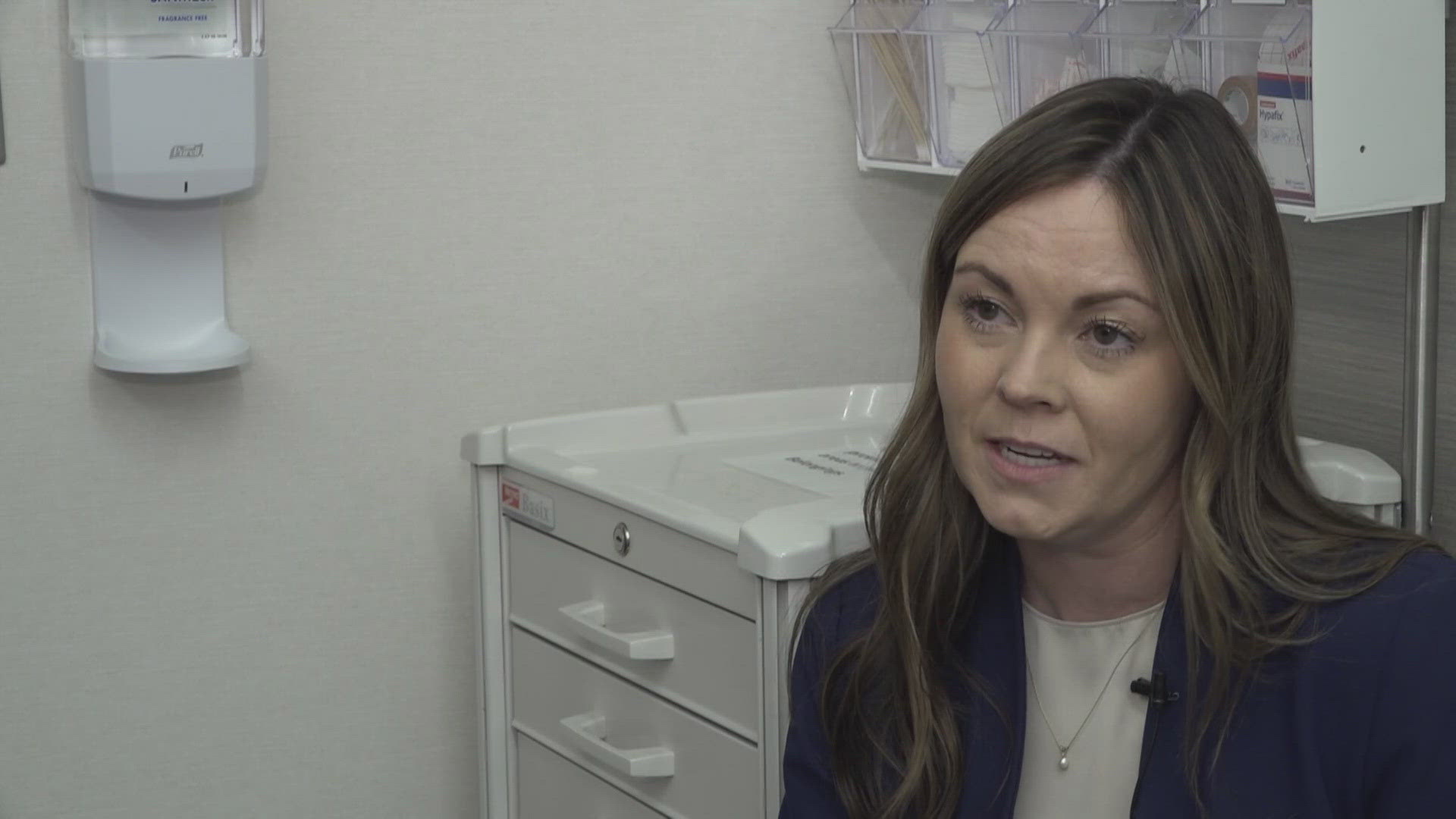JACKSONVILLE, Fla. — Experts at Mayo Clinic are using the first full week of summer to remind everyone about skin cancer preventatives.
Dr. Katherine Bodiford, a dermatologist with Mayo Clinic in Jacksonville, says skin cancer does not discriminate.
"Nobody is truly invincible, even darker skin tones," Bodiford told First Coast News. "Not all skin cancer is entirely sun-related. So, we certainly see skin cancers that aren't related to the sun as well. But really, everyone should be aware of their skin and aware of whether they have anything new or changing."
She adds that many cases of skin cancer are caused by years and years of sun exposure, and you can get it even at a young age.
"We see skin cancer in many younger patients, too, and the truth is lots of people everywhere around us are still at risk a good bit despite having more options for protection," Bodiford said. "Skin cancer is not something that discriminates by age necessarily."
While many of Bodiford's patients find out they have skin cancer in their adult life, she explains it's the sun exposures they had all throughout their life that put their skin at risk. And just because the sunburn heals on the outside, you may not see the damage left behind internally.
"If you burn your skin, that's inducing even more DNA damage," she said. "So, we actually have good data to show that your risk of cancer goes up if you've had even a small number of severe blistering sunburns in your past. So, although it may not cause anything, immediately those DNA, the DNA, although it may not cause anything, immediately, the DNA damage is done, and sort of propagates over time."
Caring now about your skin in the sun can avoid the burdens of skin cancer: surgery, cancer treatments and pigmentation caused by sun exposure.
"The exposure we get every day adds up," Bodiford said. "So, in the long run, our risk for skin cancer is a cumulative risk when we run to the grocery store, walking the dog and driving to work with or without sunscreen, and then these beach vacations and summer activities that add to it."
The short amount of time it takes to protect your skin could have long-lasting impacts to keep your skin cancer free.
"Beyond sunscreen, we like to recommend some protective clothing, seeking shade," Bodiford noted. "If you're going to be out on the beach, making sure you have shade available, trying to avoid the sun during peak hours, which is tend to pm, sunglasses to protect your eyes and hats with a good brim to protect your ears."
Next time you head outside, it is suggested to reapply sunscreen every two hours.

